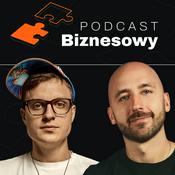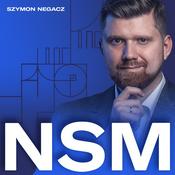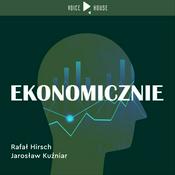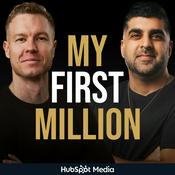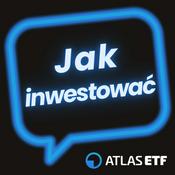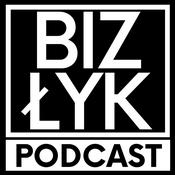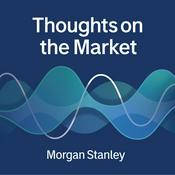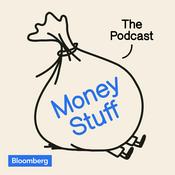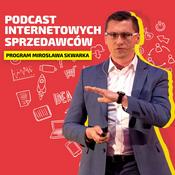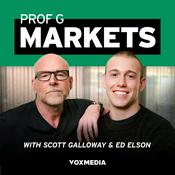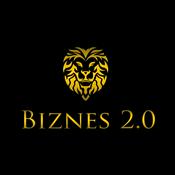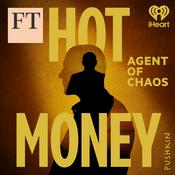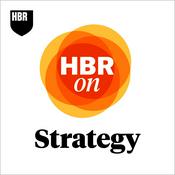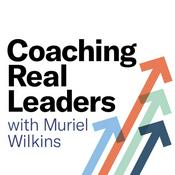697 odcinków
- What does it take to stay agile and compete effectively in today's business world? Smart leaders are entirely reorienting their organizations around project-based work, says Antonio Nieto-Rodriguez, CEO of Projects & Company. This requires learning how to better prioritize, fund, and staff these initiatives; measure and incentivize success; and quickly end projects that aren't working so resources can be diverted to ones that are. He explains why executives must radically rethink how they and others spend time, how work gets done, and the eventual pay-off of this kind of reorg. Nieto-Rodriguez wrote the book Powered by Projects and the HBR article "The Project Driven Organization."
- Over the years, investor Ray Dalio built his hedge fund, Bridgewater Associates, into one of the largest in the world. He's done that in part by understanding the history of economic cycles and macroeconomic trends. He's also made shrewd investing and management decisions and stands by his values. He shares where he sees the U.S. today in terms of economic power and the progress that leaders of all kinds need to make to better the situation, as well as his personal views on how to lead well. Dalio is the author of How Countries Go Broke: The Big Cycle.
- Professional search firms play a big role in discovering and choosing leaders for senior roles. That’s why anyone with C-suite ambitions needs to understand the recruiting process and what these evaluators are looking for. Mark Thompson, chairman of the Chief Executive Alliance, and Byron Loflin, global head of board advisory at Nasdaq, explain the ins and outs of recruitment, how to develop your narrative and navigate formal assessments and reference checks, and the best ways to build ongoing relationships. Thompson and Loflin are authors of the HBR article "How to Stand Out to C Suite Recruiters" and the book CEO Ready: What You Need to Know to Earn the Job and Keep the Job.
- How does an organization with 100 years of history stay relevant, adaptable, and forward-looking? Bob Sternfels, who runs McKinsey & Company as the Global Managing Partner, has led the company through a wave of recent challenges while trying to plan the road ahead for the consulting industry leader. He explains the balance he's aiming to strike between AI agents and human employees, how he's handled moments of scrutiny, and the ways in which he's been working to build trust both internally and externally.
- How different is the newest generation in the workforce, really? While stereotypes abound — some of them unfair — it’s important to understand what the young adults of Gen Z have in common and how they differ from Millennials, Gen X and Boomers. Tim Elmore is a leadership coach and author who says that this generation in particular craves connection with their colleagues, meaningful work, and assurances that they’re seen as people not commodities. He explains how organizational leaders can adapt to the needs of these workers while still maintaining high standards, providing feedback, and building grit and resilience. Elmore wrote the book "The Future Begins with Z: Nine Strategies to Lead Generation Z as They Disrupt the Workplace."
Więcej Biznes podcastów
Trendy w podcaście Biznes
O HBR IdeaCast
A weekly podcast featuring the leading thinkers in business and management.
Strona internetowa podcastuSłuchaj HBR IdeaCast, PB Podcasty i wielu innych podcastów z całego świata dzięki aplikacji radio.pl

Uzyskaj bezpłatną aplikację radio.pl
- Stacje i podcasty do zakładek
- Strumieniuj przez Wi-Fi lub Bluetooth
- Obsługuje Carplay & Android Auto
- Jeszcze więcej funkcjonalności
Uzyskaj bezpłatną aplikację radio.pl
- Stacje i podcasty do zakładek
- Strumieniuj przez Wi-Fi lub Bluetooth
- Obsługuje Carplay & Android Auto
- Jeszcze więcej funkcjonalności


HBR IdeaCast
Zeskanuj kod,
pobierz aplikację,
zacznij słuchać.
pobierz aplikację,
zacznij słuchać.


